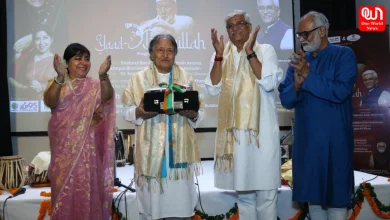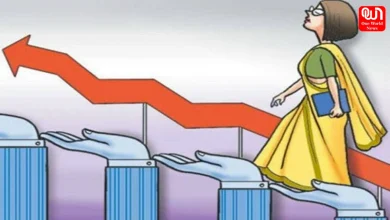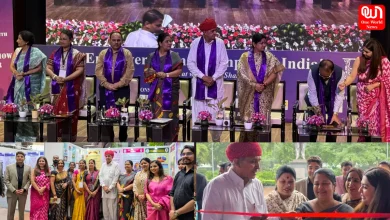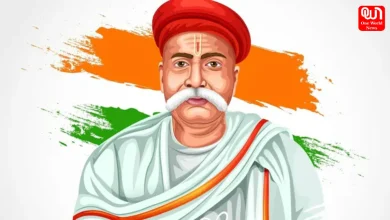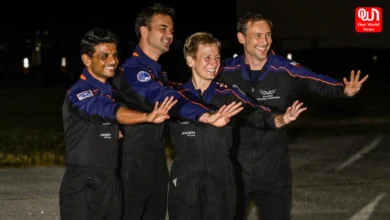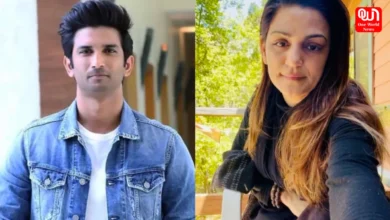Girls Education: 4 girls who went extra mile for education & won hearts!
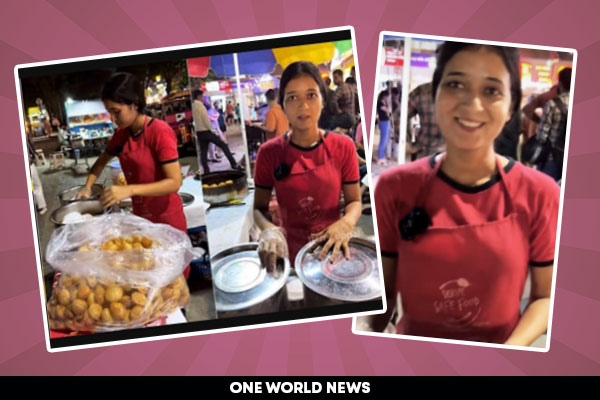
Girls Education: Girls who went extra mile for education & inspired others
HIGHLIGHTS
- Girls Education: Even after 12 years since the Right to Education (RTE) Act was introduced, close to 40% of adolescent girls are not going to school while 30% of girls have never entered a classroom.
- The Unified District Information System for Education Plus reveals that 14.2% of girls dropped out at the secondary level in 2020-21, while 15.1% dropped out in 2019-20.
- The pressure from family to leave education, household responsibilities, and early marriage, are some of the reasons girls drop out of school.
- A district in Madhya Pradesh named Mandla is now the first in the nation to be fully functionally literate where all adults can now write their names, count, and read and write in Hindi
More than 130 million girls don’t even get the opportunity to go to school today in many countries, and in fact, there are millions of girls who were facing hardship and difficulties in dangerous conditions getting an education there. Whereas other girls come to school to sit in a classroom where teachers never arrive or there were no books to read to study or other material that helped students learn. And because of this, around half a billion women are still not getting an education worldwide.
THE CURRENT SITUATION
In India, the fact is that many girls are forced to take care of their siblings and sending the girls to school is not at all a priority for many families.
Not only this, but the pandemic has also had a devastating impact on adolescent girls and young women in many parts of India and majorly in Jharkhand, especially on the poor and vulnerable.
One of the worse effects of the Covid-19 pandemic has been on education, with the majority of students switching to online learning, where some students had to quit school because they don’t have access to the internet or digital devices or other forms of technology, while others didn’t get the support from their family, which obviously made it difficult for them to continue with their education.
LACK OF EDUCATION PUTS GIRLS AT RISK – PHYSICALLY AND MENTALLY
As per the study conducted by the National Statistical Organisation on a survey report, ‘Household Social Consumption’ (July 2017–June 2018), almost every second woman in Rajasthan’s villages is completely illiterate and cannot read, write, or perform simple calculations.
Multiple reports have revealed that early marriage and the burden of household chores are the major reasons for the higher dropout rate among girls.
The National Family Health Survey-5 (2019-2021) reveals that over 21,700 girls had dropped out of school before 2019-2020 and of those, 13% did so because of their household work and 7% got married even though child marriage is illegal.
The worse is that these girls were forced to become mothers when they themselves were kids and unaware of anything even sexual education or how to be a parent. Their husbands are of older age, and these girls become pregnant prematurely because of a lack of awareness and education in society which causes children to lose their childhood, innocence and bear the burden of family responsibilities at a young age.
Many families are still facing extreme financial vulnerability and the situation has become so worse than earlier, when one parent was working, now both have to work to survive. If girls are at home to take care of siblings and do household chores, then only both parents can go out to work, that is why they are reluctant to send their girls back to school.
Sending girls back to school is not just about learning, but also it is about keeping them safe for the rest of their lives. Because, when a girl makes it to school, she gets knowledge, awareness, and learning which helps her to move ahead in life. Otherwise, girls will be married and pregnant at 15, trafficked, or working in a brick kiln.
In June 2020 during the lockdown period, UNESCO raised concerns over the increasing risk of domestic violence and sexual abuse among girls.
While some girls are deprived of education for multiple reasons, there are many who are struggling to keep things going, and if you look around, you will find many who are making their ends meet and giving us a glimmer of hope and motivation to do our best.
MAKING & SELLING DELICIOUS TREATS FOR HIGHER EDUCATION
Recently, one such story of a young girl from Mohali, Punjab has won people’s hearts by running a chaat stall to fund her higher education.
Poonam who hails from Punjab rather than depending on her family is now working harder than ever by running a chaat stall to earn money for her education. A video of her story went viral on social media and garnered more than seven million views and also many chaat enthusiasts visited Poonam’s stall to taste her dishes. Moreover, they were excited to appreciate her for her determination.
Poonam herself makes all the tasty dishes available at her stall like papdi chaat, aloo tikki and dai balle.
HOW A TWIST OF FATE FOR A UP VILLAGE GIRL TOOK HER TO THE UNITED STATES
We also have an 18-year-old Anshika Patel from a village in eastern UP’s Jaunpur district, who got a full scholarship to achieve a coveted goal to live and study in the United States of America.
Patel is pursuing her undergraduate course in economics at Washington and Lee University which is a prestigious liberal arts college. While growing up, she faced many financial ups and downs, but everything was a twist of fate for her as the path to the US college was based on the profile she created in the last few years rather than on the basis of a typical application.
Patel was actively involved and working in social work-related projects and was selected for the US State Department’s student exchange programme in 2019. She went to Washington when she was in Class 10. She had organised many donation drives in the last two years during Covid for people who lost their jobs.
Her ambition is to become an economist who works in the social development sector so she can help devise solutions to socioeconomic inequities in the world.
A STUDENT & A FOOD DELIVERY EXECUTIVE DAY & NIGHT
The 19-year-old Rachana hails from Telangana and was working as a Zomato food delivery executive in the city to support her studies and her poor family as her parents are daily wage earners and were unable to pay for her studies as jobs were hard to come by during the pandemic.
Earlier, she also worked in a milk shop, and then in a grocery store. However, her salary was not sufficient for her to support her family and education. She came to know of the food delivery job offered by Zomato and after applying, she got the job. She now diligently attends her online classes and delivers food no matter what it is.
Seeing her efforts and hard work, CAIIHM (Chennai’s Amirta International Institute of Hotel Management), an educational institute in the hospitality industry, has waived her course fee of Rs. 75,000.
Upon knowing Rachana’s passion and determination to complete her studies and the efforts she is taking to help her family, CAIIHM is also committed to finding her a good job once Rachana completes her course.
HOW A 24-YEAR-OLD’S DREAMS SHATTERED EVEN AFTER CRACKING JEE
Nibha Sharma, a 24-year-old from Bihar’s Patna had cracked JEE Mains but was not able to fulfil her dream of getting into an IIT after she was left behind by 8 marks and could not qualify for JEE Advanced. Her dreams were shattered after her family did not allow her to ‘waste’ another year by giving another attempt at competitive exam preparations.
She is now, however, trying her best to make sure teenagers are given the chance she never got as many youngsters like her do not meet with the same fate. She decided to be a teacher to around 90 students aspiring to be engineers or doctors and spends 8 to 10 hours every day helping them in their entrance exams.
Nibha also teaches students from different states online as she loves teaching and feels good to see these students achieve something in life. But she says she is not completely satisfied with what she is doing with her life so her next plan is to now pursue a PhD.
THESE ARE THE 10 HARDEST PLACES FOR A GIRL TO GET EDUCATION
1. South Sudan
2. The Central African Republic
3. Niger
4. Afghanistan
5. Chad
6. Mali
7. Guinea
8. Burkina Faso
9. Liberia
10. Ethiopia

